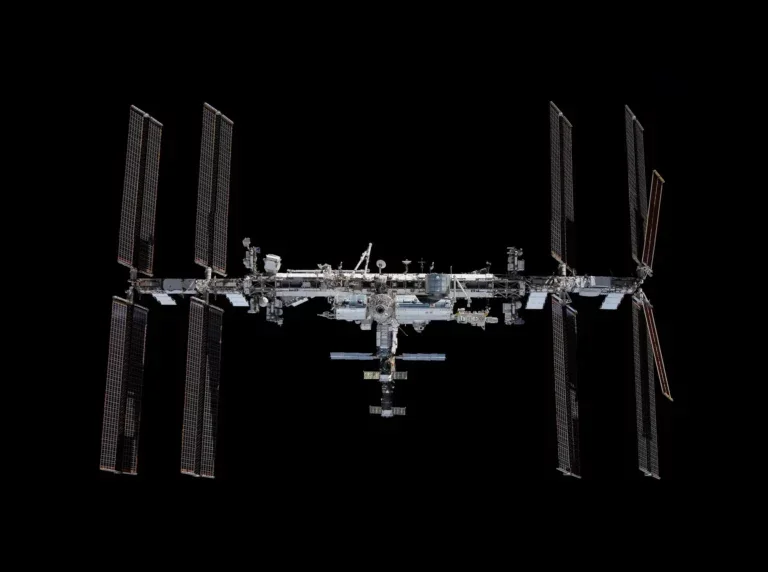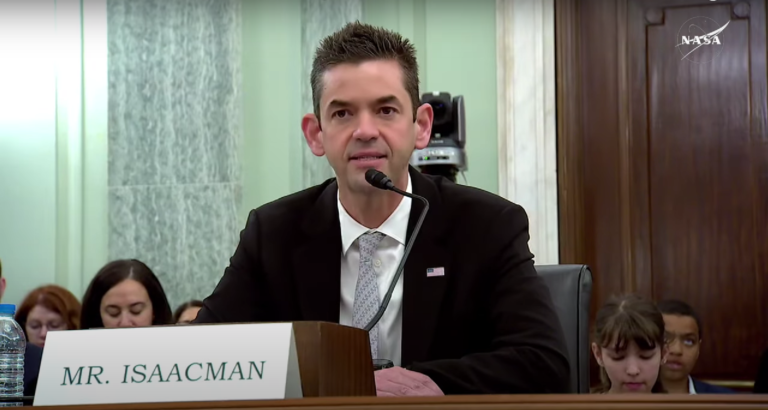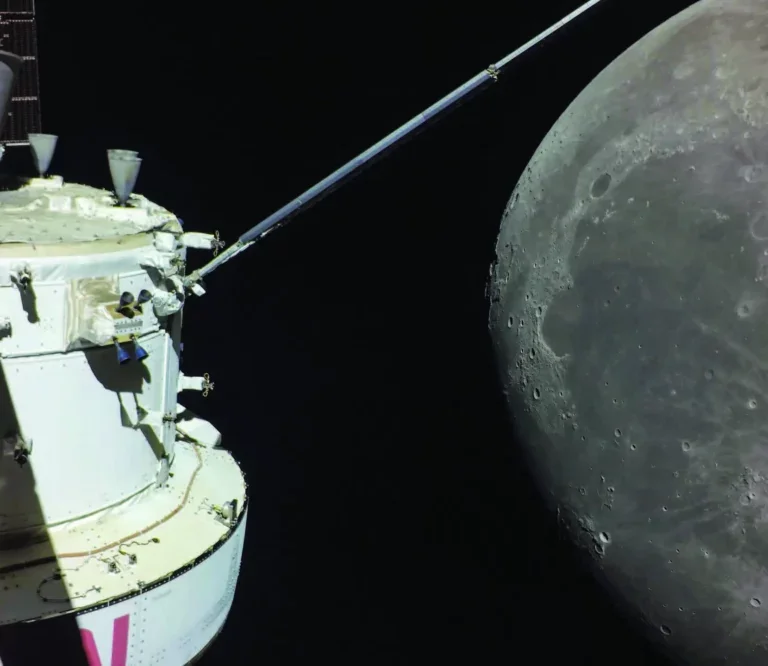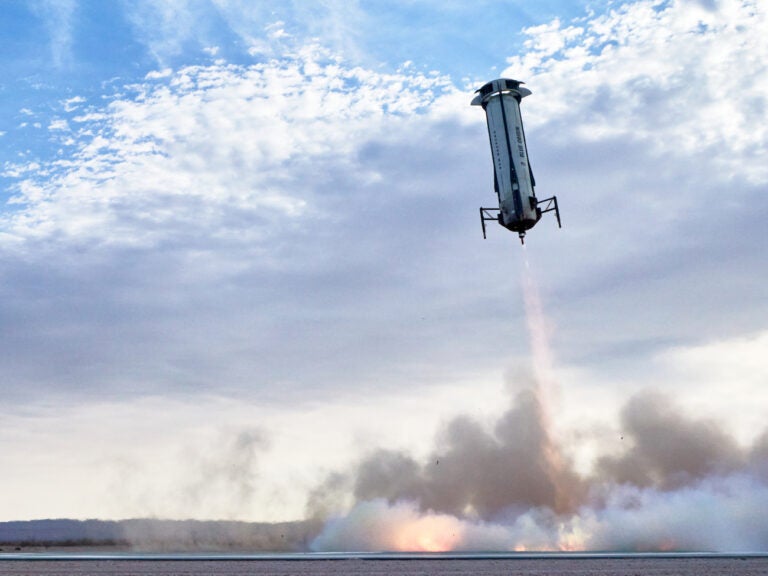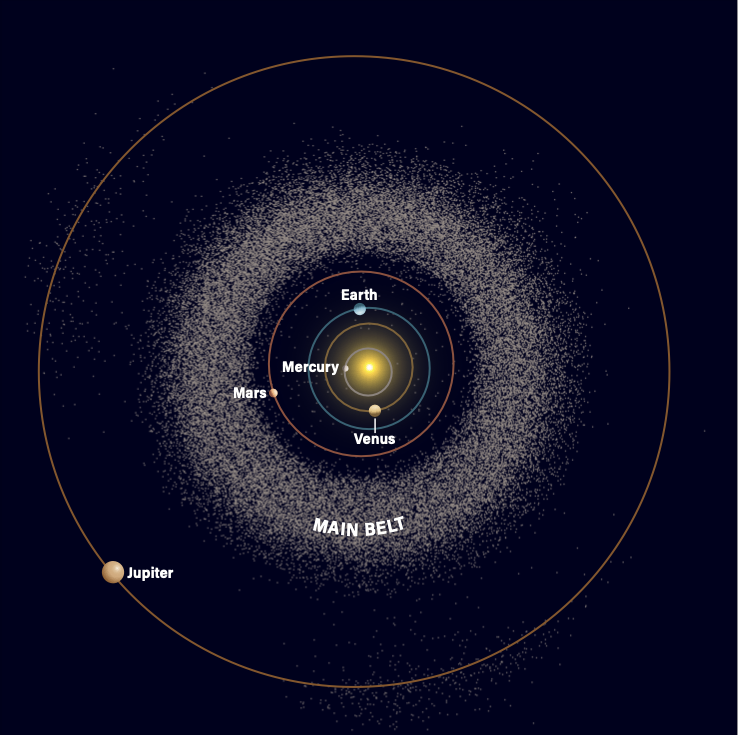
NASA Administrator Bill Nelson announced Monday that the space agency will solicit proposals to take over the Mars Sample Return (MSR) mission, a highly anticipated project that has grown more expensive than planned and struggled with deadlines.
“Mars Sample Return will be one of the most complex missions NASA has ever undertaken,” said Nelson. “The bottom line is an $11 billion budget is too expensive, and a 2040 return date is too far away,”
The purpose of the MSR mission is to travel to Mars, retrieve ground samples collected by the Perseverance rover, and bring them back to Earth. However, it hasn’t been easy. After many years and two independent studies of the Jet Propulsion Laboratories’ progress, it was estimated that MSR would cost anywhere from $8 billion to $11 billion to complete and would make it to its destination five to 10 years later than expected.
Earlier estimates put the cost of the mission between $5 billion to $7 billion and would take into the 2030s to get there and back. Nelson said NASA expects the new proposals to be in line with those estimates.
As part of this new plan, NASA is looking for brief outlines of MSR project revisions from various space agencies, such as SpaceX, through May 17. The chosen project would then conduct the necessary studies to determine their feasibility during a 90-day period, which would be around September, for final approval.

The NASA administrators also noted that the project may be streamlined. In a letter responding to the most recent independent study this past September, NASA Associate Administrator Nicky Fox wrote that this could include creating a smaller Mars Ascent Vehicle than originally planned. In the press conference she also said they may have to bring fewer than the 30 samples that have already been collected on Mars.
This announcement comes after recent budget cuts from Congress equaling $2 billion each year for 2024 and 2025 for all of NASA’s programs, as well as almost a billion from the science division specifically. Nelson referenced other projects in the planetary science division, such as Davinci, Dragonfly, and Veritas (which has experienced its own roadblocks) as projects that will benefit from the change, allowing for more resources to be allocated to those projects.


